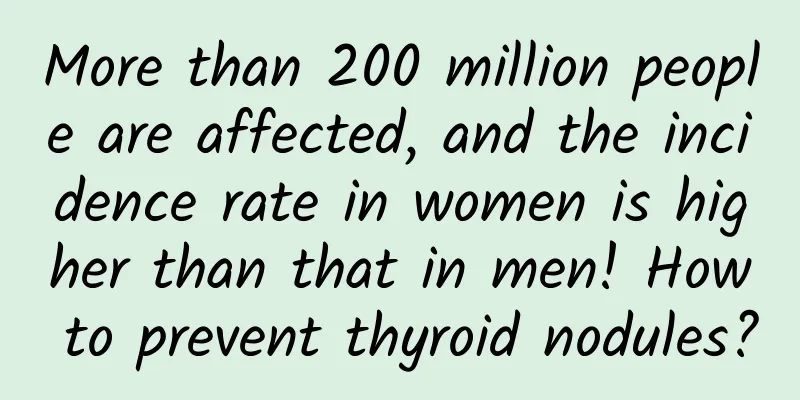A day's plan begins in the morning... Do you eat? Authoritative research: Skipping breakfast can damage your body!

|
With the development of society, in the busy work and fast-paced life, some people do not have enough time to eat three meals a day, and some people skip breakfast or dinner in order to lose weight. Little do they know that this will harm their health. Recently, researchers from the Icahn School of Medicine at Mount Sinai and Harvard Medical School in the United States published a research paper titled "Monocytes re-enter the bone marrow during fasting and alter the host response to infection" in the journal "Immunity". The study, published in the journal Nature, shows that skipping breakfast may impair the immune system, making it less effective at fighting infection and potentially leading to an increased risk of heart disease. The study, in a mouse model, is the first to show that skipping breakfast triggers a stress response in the brain that negatively affects immune cells. In the study, the researchers analyzed two groups of mice, one group that ate breakfast immediately after waking up and the other group that did not eat breakfast, and collected blood samples from both groups when the mice woke up, four hours later, and eight hours later. When analyzing the blood samples, the researchers observed a significant difference in the fasting group in the number of monocytes, white blood cells that are produced in the bone marrow and travel throughout the body, playing an important role in fighting infection, heart disease, cancer, and more. Specifically, when the mice first woke up, all mice had the same number of monocytes. But after four hours, the number of monocytes in the fasting group dropped sharply, with 90% of the cells disappearing from the blood. After eight hours, the number dropped further. In contrast, the monocytes in the non-fasting group were not affected. Normally in the bone marrow, these cells have a short lifespan. However, in fasting animals, by remaining in the bone marrow, they survived longer and aged differently than monocytes that remain in the blood. Fasting changes white blood cell distribution Next, the researchers fasted the mice for 24 hours and then re-fed them. Within hours, the cells that had been hiding in the bone marrow quickly flowed back into the bloodstream, causing increased levels of inflammation. Rather than protecting against infection, these altered monocytes become more inflammatory, reducing the body's ability to fight infection, the researchers said. Finally, the researchers found that specific areas in the brain control monocyte responses during fasting, suggesting that fasting induces a stress response in the brain, which is what causes feeling hungry, and which immediately triggers a massive migration of white blood cells from the blood to the bone marrow and then back into the blood shortly after a meal. Additionally, skipping breakfast is associated with higher cardiovascular disease mortality. The study found that skipping any of the three meals a day increases the risk of death. For people who only eat one meal a day, the risk of death from cardiovascular disease increases by 83%, and the risk of death from all causes increases by 30%. Skipping breakfast increases the risk of death from cardiovascular disease by 40%. Skipping lunch or dinner increases the risk of death from all causes by 12% and 16% respectively. Paper link: https://doi.org/10.1016/j.immuni.2023.01.024 https://doi.org/10.1016/j.jand.2022.08.119 |
<<: Nutritional comparison of 22 kinds of nuts, you will never guess the first one!
Recommend
Can I use moxa sticks during menstruation?
No, moxibustion patches can invigorate blood circ...
How do girls train their arm muscles?
In addition to male friends who like muscular bod...
Why is my breast pain due to missed menstruation?
Women need to welcome the arrival of menstruation...
How do you know if bayberry has insects? How to clean and store bayberry?
Bayberry is sour and sweet, rich in nutrients, an...
How is the fetus developing in the seventh month of pregnancy?
The second trimester is very critical, especially...
A woman's menstruation is delayed for more than ten days
Generally speaking, a delay of about a week in me...
What are the methods for pregnant women to relieve nausea?
After pregnancy, women will have various reaction...
Woman wakes up with pain in the middle of chest
Many women often feel pain in the middle of the c...
How to apply for a prenatal check-up book
Every couple hopes to have a healthy baby, so pre...
How many days after medical abortion can I wash my hair? The authoritative answer is this
First of all, I would like to remind all ladies t...
What's going on if it's not my period and I have a small amount of bleeding?
In daily life, it is very common for women to hav...
The Mystery of 17 Weeks Pregnancy
Around 17 weeks of pregnancy is a critical period...
What are the symptoms of gynecological diseases?
Gynecological diseases are very familiar to women...
Sudden alopecia areata in women
Since women's hair is generally longer, alope...









